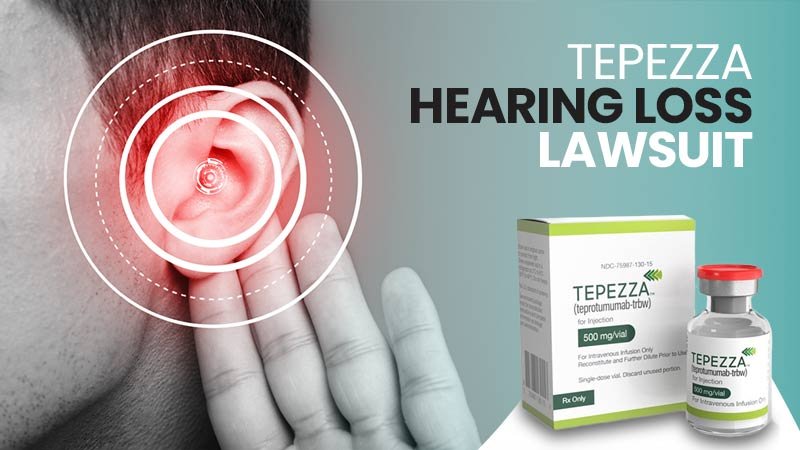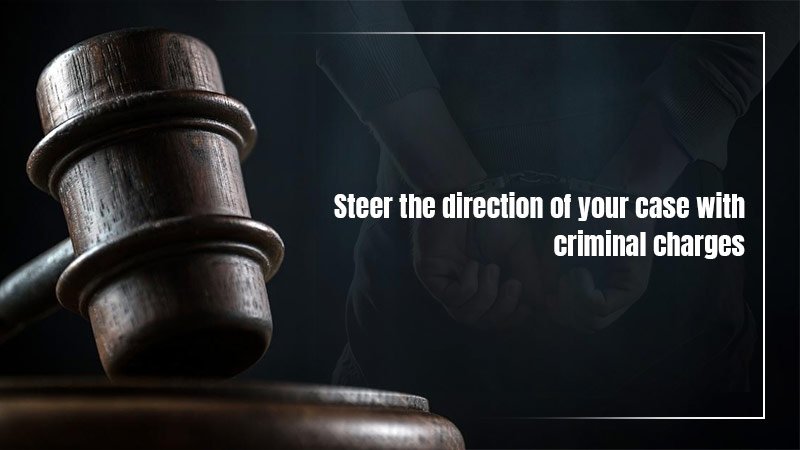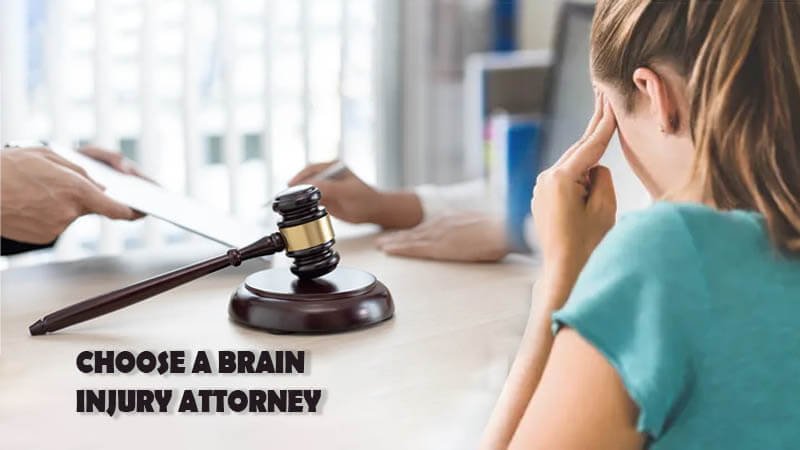What to Do If You’re Accused of a Crime
Getting charged or arrested for a crime can be scary. You may feel like your life is coming to a complete halt, especially if you have never been in trouble with the law. At some point, being accused of a crime can happen to anyone, even if you are innocent. Ironic. The truth is police officers can make mistakes. They are human.
To ensure you don’t succumb to the harsh legal system, provide yourself with proper legal representation from Sean Fagan, Criminal Defence Lawyer. Read to learn what to do if they accuse you of a crime.
Don’t Panic
It’s natural to feel shocked, frightened, and even angry when you hear that the police are investigating you for a severe crime. But if you remain calm and think clearly about your situation, you’ll be able to make the best decisions about how to proceed.
Remember that being accused isn’t the same as being convicted. The police and prosecutors must investigate allegations thoroughly before making charges against anyone — even if there’s enough evidence.
In most cases, they’ll spend months conducting interviews with witnesses and collecting physical evidence before they file formal charges. Even then, all defendants have legal rights that protect them during this phase, including the right not to speak with police or prosecutors without an attorney present.
Know Your Rights
Read up on the laws of your state, and then make sure that you know what the police can and cannot do. It’s also essential to understand how long police can hold you before they let you go.
Knowing these things is important because law enforcement officials sometimes get aggressive when investigating crimes or interviewing suspects and witnesses. They might try to intimidate or threaten people into admitting they did something wrong even if they didn’t commit any crimes.
Do Not Admit Guilt or Sign Anything
You might think that by admitting guilt or signing an agreement to plead guilty, you’ll minimize your sentence and make it easier on yourself. However, this is not the case. Admitting guilt can lead to additional charges against you—charges that could end up with more jail time than if you’d gone through with the trial.
Additionally, you are waiving your right to appeal your conviction by signing an agreement to plead guilty. It means that you will still be guilty if new evidence comes to light that proves your innocence.
Seek Legal Representation
A criminal defense attorney helps you understand the charges against you and evaluate your options for moving forward. They can also help protect your rights during the process and ensure that any evidence collected against you gets handled appropriately.
The court system is complex and challenging to navigate without help. In addition, many people accused of crimes do not fully understand how the law works and their rights.
A criminal conviction can have devastating results. You may lose your job, your home, and your freedom. Finding a new job or a place to live may prove challenging. The bonds you share with loved ones can also suffer from a conviction.
Do not attempt to deal with criminal charges without legal representation. Invest in a tenacious criminal defense attorney to represent your interests.
Weigh Options
You have options; navigate them. First, consider whether you should fight the charge or admit guilt. If your attorney thinks that fighting the charge is not in your best interest, it’s time to talk about what will happen next.
Second, find out whether there are any mitigating circumstances surrounding the incident. If so, bring them up in court to help explain what happened—and why it was not your fault!
When they accuse you of a crime, it’s important to remember that you have options. Here are some things to consider on how to weigh options:
- Are there witnesses? If so, what do they say?
- Does any physical evidence exist that supports or contradicts your version of events?
- What is the reputation of the person who filed the complaint against you? Are they known for filing false reports or making up stories about others?
- Do you know the judge or jury deciding your case? What are their reputations as fair and impartial judges/jurors?
In conclusion, if you are accused of a crime, it’s essential to seek the help of an attorney. Having an attorney can help reduce the amount of time of detainment and any jail time imposed. Be sure to research if you are looking for a lawyer, and perhaps most importantly, trust your gut. If someone seems off during your meeting, move on and find another lawyer. It could save you regrets.
Follow Us
Latest Post
















